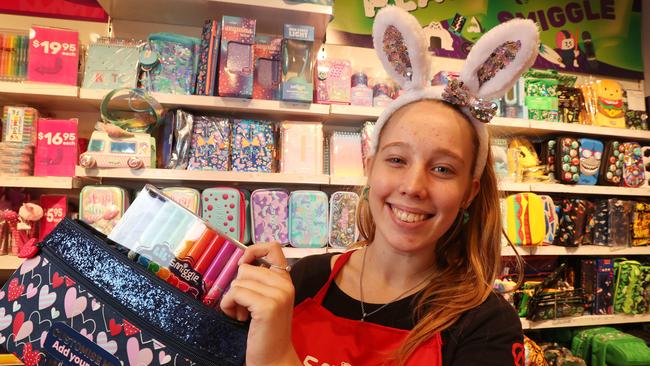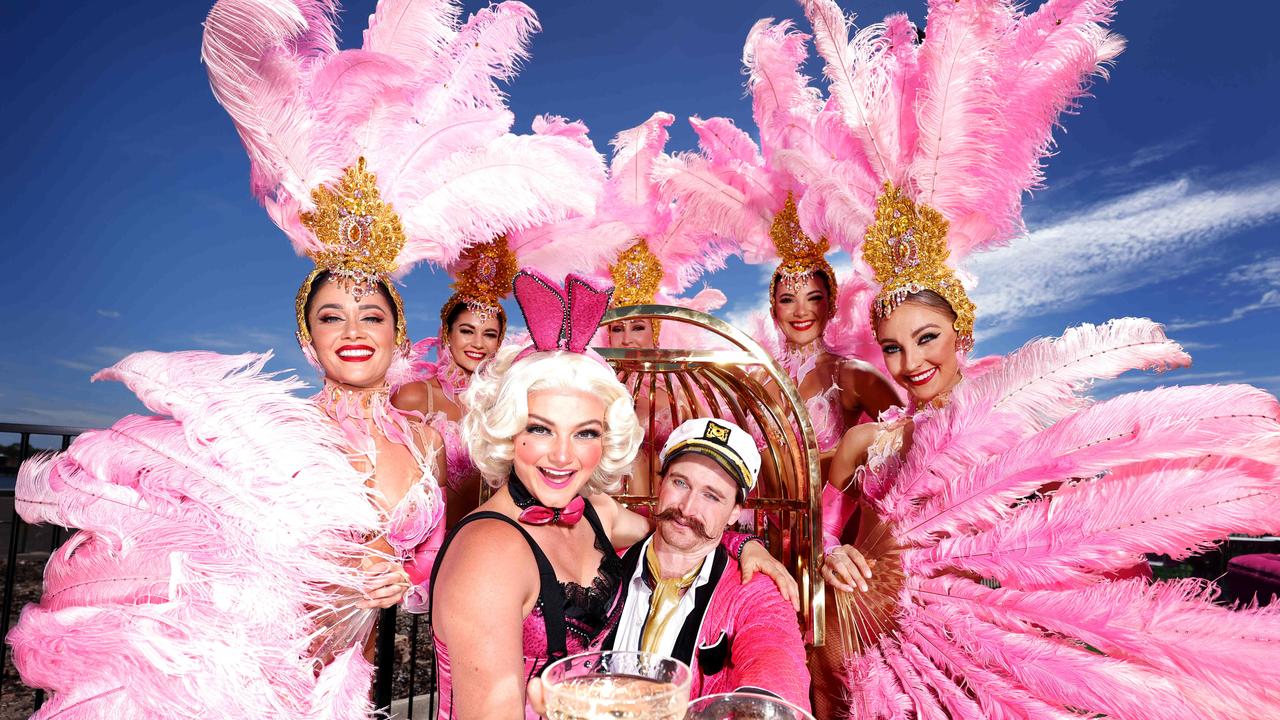Solomon Lew knows the value which lies in store
Billionaire Solomon Lew is determined to show there is still life in retail and that much if not indeed most of that future life will still be in real actual bricks and mortar stores.

Business
Don't miss out on the headlines from Business. Followed categories will be added to My News.
Billionaire Solomon Lew is determined to show there is still life in retail and that much if not indeed most of that future life will still be in real actual bricks and mortar stores.
Beyond the stunning profit, the most striking feature of the – interestingly, varying – successes of the mixed assorted portfolio of brands in his Premier group, is that it’s mostly been achieved essentially in that ‘old-fashioned way’.
That is to say, people – mostly of the female persuasion – driving to shopping centres, and going into and buying stuff in speciality stores.
Over the four years since the December 2019 half-year – can you remember back that far; the last normal time we ever had, before Covid? – Premier group sales increased by $147m.
The increase was split almost 50-50 between increased sales in-store and online. Although with online starting from a smaller base, its share of the group total leapt from 13.3 per cent to 19.5 per cent.
Interestingly, though, that was a little less than the 21.5 per cent online sales share that Lew-target Myer reported for its latest half-year.
Departing Myer CEO John King had built what started as a desperate survival strategy, and quickly evolved into a success story - even through the dark days of Covid - on a dynamic interplay between innovative, varied, online channels and the Myer loyalty program.
In the case of Premier, its actual storefronts across the group fell by 78 over the four years – excluding the 20 concession ones that came out of Myer.
That was a drop of just 6 per cent though. And Premier has now identified up to 50 possible new openings in the two brands it has marked to spin-off, to leave Premier as a pure ‘apparel’ or women’s fashion portfolio.
The language on the potential spin-offs was subtly but significantly different.
The board has committed to “work towards demerging Smiggle (children’s stationery and lifestyle)” by January next year.
The board has committed to “explore a demerger of Peter Alexander (the PJs brand)” in calendar 2025.
Smiggle really got whacked by the school closures in Australia, New Zealand and Europe. Its sales are now just back about the pre-Covid level.
In contrast Peter Alexander didn’t miss a single beat, with sales rising strongly every single year through Covid, and are now up almost double – yes, double – on the last pre-Covid half-year.
It might have seemed the more obvious one to sell into especially the (current) booming share market. In contrast, Smiggle has to market a recovery/expansion (into new regions)/growth story.
But Lew knows his retail, and he knows his money dynamics. He clearly believes that’s the best sequencing to maximise both retail growth and float price dynamics.
The intriguing question then: what about Myer?
Where his Premier has around $160m invested, and where he has engineered a change of control to a board triumvirate headed by his hand-picked executive chairman Olivia Wirth?
From the outside, the most obvious path would be a merger of Myer and Premier (ex Smiggle and PJ).
But what’s ‘obvious outside’ is not necessarily what’s ‘inside’. Lew’s mind.
Originally published as Solomon Lew knows the value which lies in store



